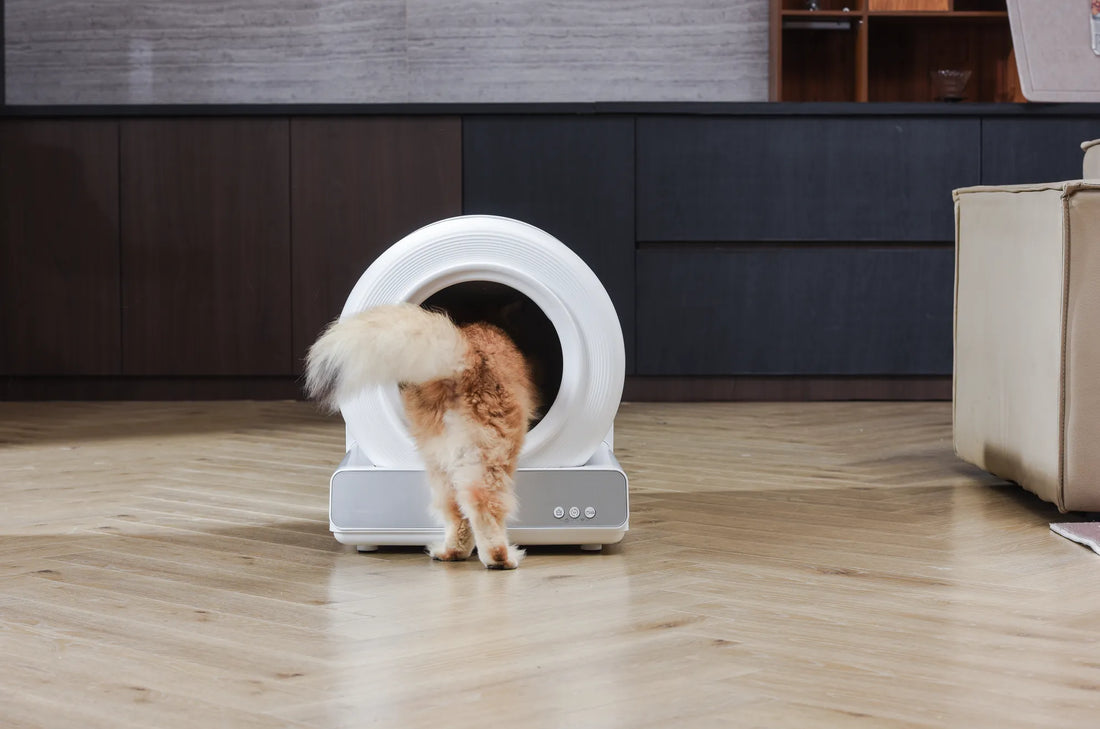If you've ever found yourself wondering, 'Why won't my cat use the litter box?' you're not alone. This frustrating behavior can stem from a variety of causes, ranging from medical issues to environmental factors. Understanding the root of the problem is the first step toward finding a solution that works for both you and your feline friend.
Medical Issues
One of the most common reasons a cat might avoid the litter box is due to an underlying medical condition. Urinary tract infections, kidney problems, and other health issues can make it painful for your cat to urinate or defecate. If your cat associates the litter box with pain, they may start avoiding it altogether.
It's crucial to consult your veterinarian if you notice any changes in your cat's litter box habits. A thorough examination can help rule out or diagnose any medical conditions that might be causing the issue. Early detection and treatment are key to resolving the problem and ensuring your cat's well-being.
Litter Box Preferences
Cats are creatures of habit and can be quite particular about their litter box preferences. The type of litter, the size and shape of the box, and even the location can all influence whether your cat feels comfortable using it.
Experiment with different types of litter to see which one your cat prefers. Some cats may prefer clumping litter, while others might like non-clumping or even natural alternatives. Additionally, ensure the litter box is large enough for your cat to move around comfortably and is placed in a quiet, accessible location.
Cleanliness Matters
A dirty litter box is one of the most common reasons cats avoid using it. Cats are naturally clean animals and may refuse to use a litter box that hasn't been cleaned regularly.
Make it a habit to scoop the litter box daily and change the litter completely at least once a week. If you have multiple cats, consider providing one litter box per cat plus an extra one to ensure there's always a clean option available.
Stress and Anxiety
Stress and anxiety can also lead to litter box avoidance. Changes in the household, such as moving to a new home, introducing a new pet, or even rearranging furniture, can cause your cat to feel unsettled.
Try to identify any recent changes that might be causing stress for your cat. Providing a safe, quiet space where your cat can retreat and feel secure can help alleviate anxiety. In some cases, consulting with a veterinarian or a feline behaviorist may be necessary to address more severe anxiety issues.
Territorial Issues
In multi-cat households, territorial disputes can lead to litter box problems. One cat may block access to the litter box, causing another cat to avoid it altogether.
Ensure each cat has their own litter box and that they are placed in different areas of the house to prevent territorial behavior. Observing your cats' interactions can help you identify any conflicts and take steps to resolve them.
Training and Reinforcement
If your cat has never been properly trained to use the litter box, they may not understand its purpose. This is especially common in kittens or cats that have been rescued from outdoor environments.
Start by placing your cat in the litter box after meals or naps, as these are times when they are most likely to need to go. Reward your cat with treats and praise when they use the litter box correctly. Consistency and positive reinforcement are key to successful litter box training.
Environmental Enrichment
A lack of environmental enrichment can also contribute to litter box avoidance. Cats need mental and physical stimulation to stay happy and healthy.
Provide plenty of toys, scratching posts, and climbing structures to keep your cat engaged. Regular playtime and interaction with you can also help reduce stress and encourage proper litter box use.
When to Seek Professional Help
If you've tried various solutions and your cat still refuses to use the litter box, it may be time to seek professional help. A veterinarian or feline behaviorist can provide expert guidance and develop a tailored plan to address the issue.
Remember, patience and persistence are essential when dealing with litter box problems. With the right approach, you can help your cat feel comfortable and confident using the litter box again.
Don't let litter box issues strain your relationship with your cat. By understanding the potential causes and implementing effective solutions, you can create a harmonious environment for both you and your feline companion. Take action today to ensure your cat's health and happiness!













